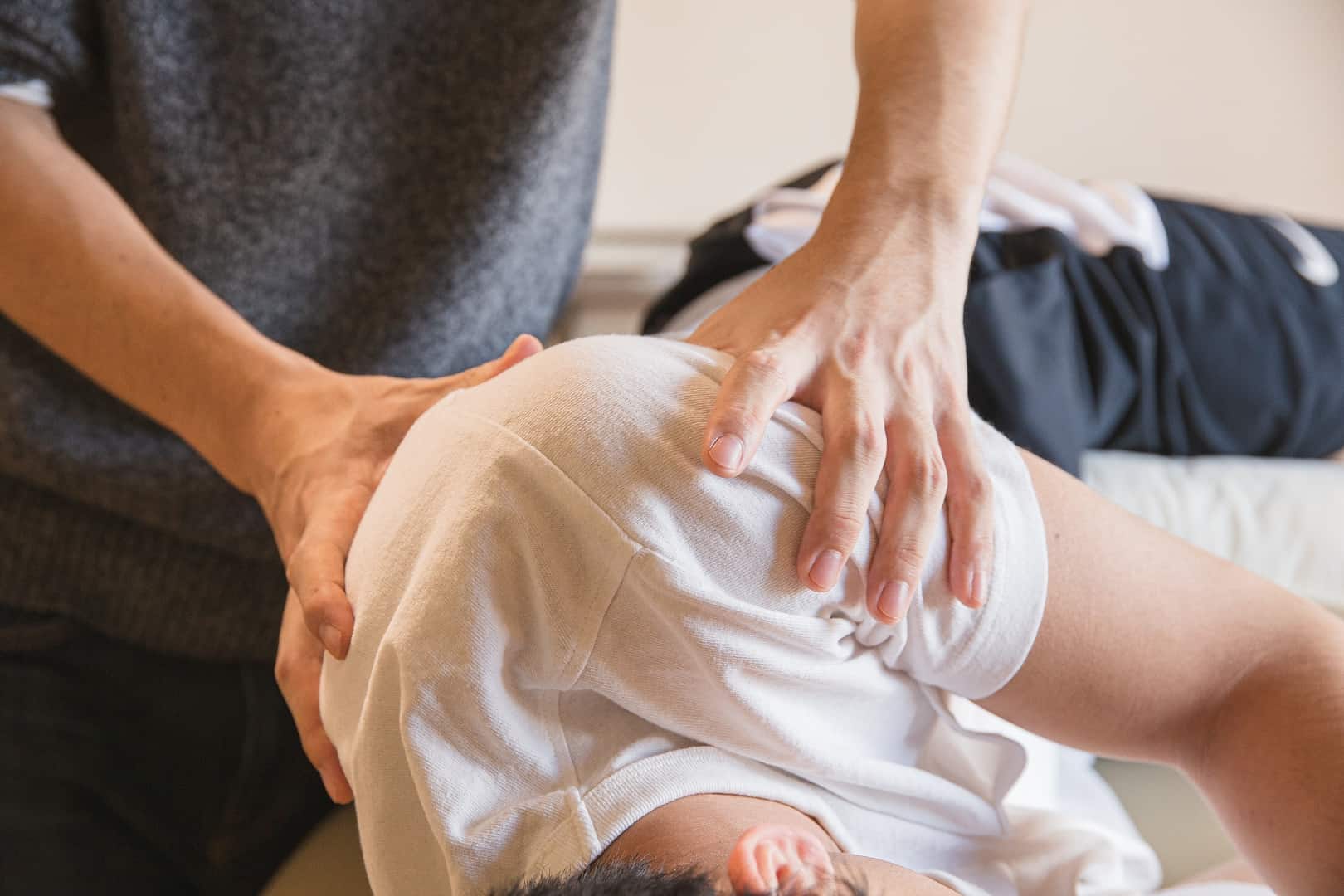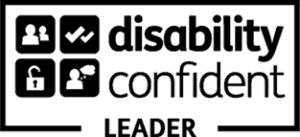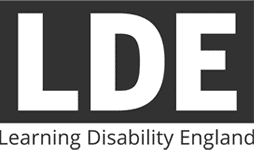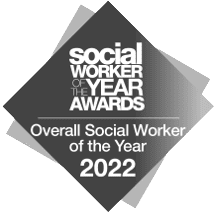Changing Our Lives is committed to raising awareness of health inequalities.
Disabled people and people from minority ethnic communities often face avoidable, unfair and systematic barriers when trying to access healthcare. If left unchecked, these inequalities can have severe, life limiting consequences, including the unnecessary exacerbation of existing conditions, the deterioration of one’s physical and mental health, premature death and poor quality of life.
Short Black n Sides
Short Black n Sides is a stream of our work that encompasses a growing range of community based projects that focus on the mental health of men from Black communities.
Our online series Barbershop Stories is a window into the lives of Black men in Sandwell striving to make their mark in the world. Alongside their accompanying work in local youth groups, the men use conversations to explore identity, how they have experienced and navigated different paths, and the impact that society’s age old narratives about Black men have imposed on them.

“We’re listeners, really; a lot of people come in the barbershop and it’s not really about the cut, it’s about the conversation.”
The original Short Black n Sides project provided a platform for Black men from Sandwell to talk about, normalise and challenge the stigma that surrounds mental health in their own communities. The project was shaped through an understanding and appreciation of the historical legacy of the Black barbershop, and took these conversations to the very place these men meet, socialise and feel relaxed.
Postural Care
Postural care is any intervention which protects a person’s body shape. We all need to look after our posture, especially as we get older, but for some individuals with pre-existing conditions, poor postural care can be a silent killer.

About poor posture
For people of all ages who experience difficulty in moving their own body – including people who are physically disabled, people who have a profound and multiple learning disability, and people who have had a stroke – poor posture can lead to a range of health difficulties over time.
These include changes in body shape (called ‘body shape distortion’) and other related health complications, such as hip dislocation, scoliosis, difficulties with breathing, and/or eating and drinking, digestive difficulties, and increased risk of respiratory infections.

Looking after your posture
There are many ways to look after your posture. Some of these involve being more active, such as taking part in sports or walking regularly.
Some people may need therapeutic positioning and the use of equipment, such as appropriate seating, wheelchairs, and night-time positioning equipment.
These methods should be regularly reviewed to make sure they continue to suit the individual and their current situation.

Postural care tool for learning disability nurses
Poor postural care for people with a learning disability, especially those that struggle to move their body with ease, has been linked to ill health and in some cases to premature death. This tool guides the learning disability nurse through a series of questions so they can build a picture of the support a person needs to maintain good posture.
It was developed by Piers Baker and Sarah Clayton (Simple Stuff Works), based on an original tool created by Piers Baker and drawing on material created by Simple Stuff Works and Born at the Right Time.

Postural Care Passport
This digital postural care passport is a free tool for people with postural care needs and communication difficulties. It was developed by people with postural care needs, family carers and Saxon Hill Academy, a specialist school for disabled young people, with input from Sarah Clayton from Simple Stuff Works and Sharon Sutherland from PT Seating Solutions.
The passport has space for text, photographs and videos illustrating how best to support a person’s postural care. It is not intended to replace any hospital passport or communication passport, but enables the person to share information about their postural care needs across different settings or with different people involved in their life.
Click here to download the file. All the instructions you need, and links to videos are included in the file or in this YouTube playlist. Although created in PowerPoint, the passport is compatible with Keynote (for Mac users) and is also accessible on Android and Apple phones.
We would love to hear how you are using your postural care passport. Drop us an email at ask@changingourlives.org or tweet us @Positive_Lives

Got My Back
The Got My Back campaign makes us all aware that we need to look after our posture.
Commissioned by NHS England, Got My Back: Young people and families putting themselves in control of postural care tells 6 stories of people who demonstrate the benefits of good postural care. We also produced four films that highlight how important good postural care is and what happens when postural care goes wrong.
Common Ground
Common Ground is a stream of our work that focuses on young people’s experience of loneliness and isolation, which, if left unchecked, can have great detrimental effect on young people’s physical and mental health.

Through this body of work, we have worked across the West Midlands and supported young disabled people, their non-disabled peers, young people with lived experience of mental health difficulties and young people from minority ethnic communities to establish meaningful connections, relationships and mutually beneficial partnerships with each other and their communities.
This project has successfully challenged societal discrimination, cultural stigma, raised expectations for young disabled people and their families and celebrated the interests, talents and skills that connect us all.

The arts have played a significant role within this stream of work, as a tool for bringing young people together and in facilitating conversations around loneliness. 2020 saw the launch of the ‘Your New Normal. My Normal.’ arts campaign, which gave disabled young people and their non-disabled peers a platform to creatively explore their experiences.
This resulted in a body of artwork, which was subsequently exhibited in Wolverhampton Art Gallery, and an accompanying brochure of the exhibition.
Your rights in hospital with a learning disability
Every year, Changing Our Lives partners with students at the Birmingham Law School, University of Birmingham to create a piece of work based on the rights of people with a learning disability. In 2023, students produced a film about the rights of people with learning disabilities in hospital. The film has been designed to be accessible for people and families.





